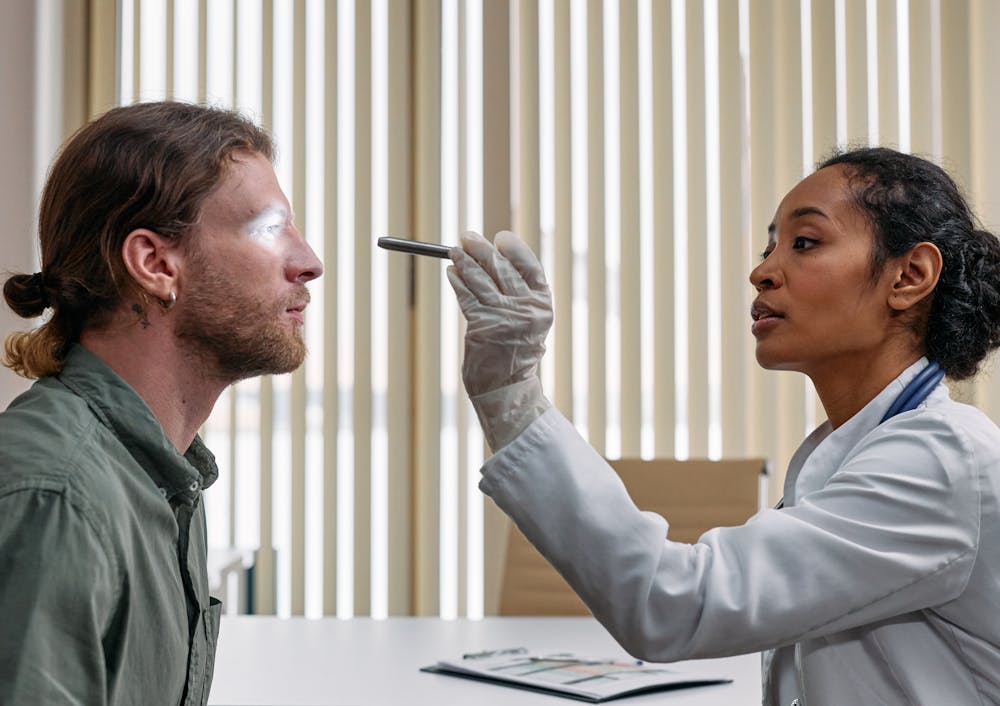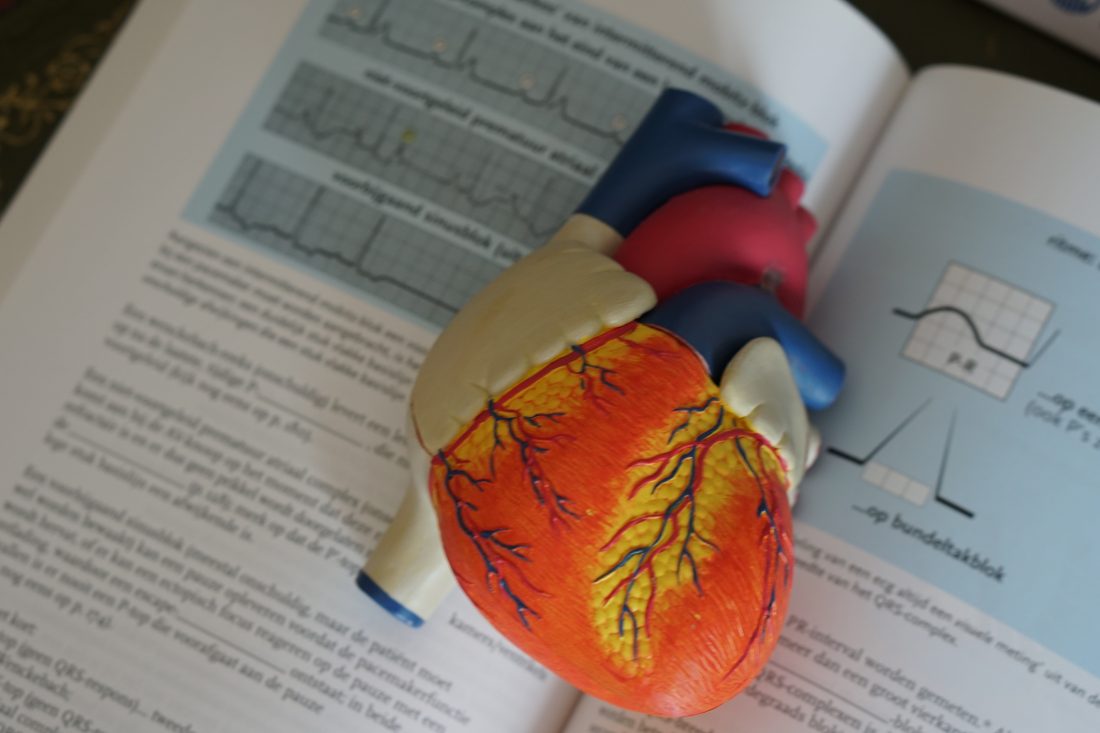Glaucoma is a progressive eye disease that can lead to irreversible vision loss if not properly managed. Seniors are particularly vulnerable to this condition, making regular visits to optometrists crucial. These specialists are trained to address the unique eye care needs of the elderly, ensuring that glaucoma is detected early and managed effectively.
This article discusses the importance of regular geriatric optometrist visits for seniors. It highlights the benefits of early detection, continuous monitoring, customized treatment plans, overall eye health maintenance, vision loss prevention, patient education, and coordinated care.
Early Detection and Prevention
Regular visits are essential for the early detection and prevention of glaucoma in seniors. Glaucoma, often referred to as the “silent thief of sight,” progresses slowly and can cause irreversible damage before symptoms become noticeable.
Optometrists specialized in geriatric care use advanced diagnostic tools, such as optical coherence tomography (OCT) and visual field tests, to detect early signs of glaucoma. Early detection allows for the implementation of preventative measures and timely treatment. This reduces the risk of severe vision loss.
Monitoring Disease Progression
Once diagnosed, glaucoma requires continuous monitoring to manage the disease effectively. Experts are equipped to conduct regular comprehensive eye exams, which include intraocular pressure (IOP) measurements, optic nerve imaging, and assessment of the visual field. These exams help track the progression of the disease and ensure that any changes are promptly addressed.
Customized Treatment Plans
Specialists are adept at creating customized treatment plans tailored to the unique needs of senior patients. Treatment for glaucoma often involves medications, laser therapy, or surgical interventions. Optometrists consider various factors such as the patient’s overall health, the severity of the disease, and the presence of other ocular or systemic conditions.
Maintaining Overall Eye Health
Regular visits go beyond glaucoma management. They also ensure the maintenance of overall eye health. Seniors are at higher risk for various eye conditions, including cataracts, age-related macular degeneration (AMD), and diabetic retinopathy. Comprehensive eye exams can identify these conditions early, allowing for timely intervention. In addition to regular eye exams, exploring options for glasses online can be a convenient way for seniors to obtain eyewear tailored to their specific vision needs. Online retailers often provide a wide selection of frames and lenses, allowing individuals to choose styles that suit their preferences while ensuring proper vision correction.
Reducing the Risk of Vision Loss
Vision loss can have a profound impact on a senior’s daily life. It affects their ability to perform routine tasks and diminishes their quality of life. Regular visits play a vital role in reducing the risk of vision loss associated with glaucoma. By ensuring early detection, continuous monitoring, and personalized treatment, optometrists can slow the progression of the disease and preserve vision.
Coordinating Care with Other Health Professionals
Seniors often have multiple health concerns that require the attention of various healthcare providers. Specialists play a crucial role in coordinating care with other health professionals, such as primary care physicians, ophthalmologists, and specialists in systemic conditions like diabetes and hypertension. This collaborative approach ensures that all aspects of the patient’s health are considered in their glaucoma management plan.
Regular visits to a geriatric optometrist are paramount for the effective management of glaucoma in seniors. These specialized optometrists provide early detection, continuous monitoring, and customized treatment plans that are essential for preserving vision and maintaining overall eye health. By reducing the risk of vision loss, educating seniors on proper eye care practices, and coordinating care with other health professionals, they play a critical role in enhancing the quality of life for seniors living with glaucoma.


